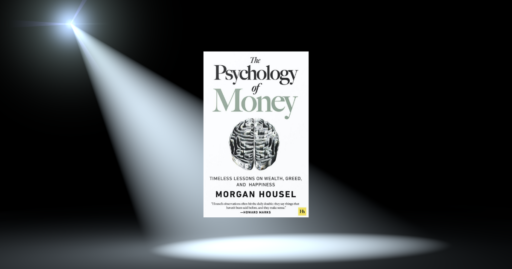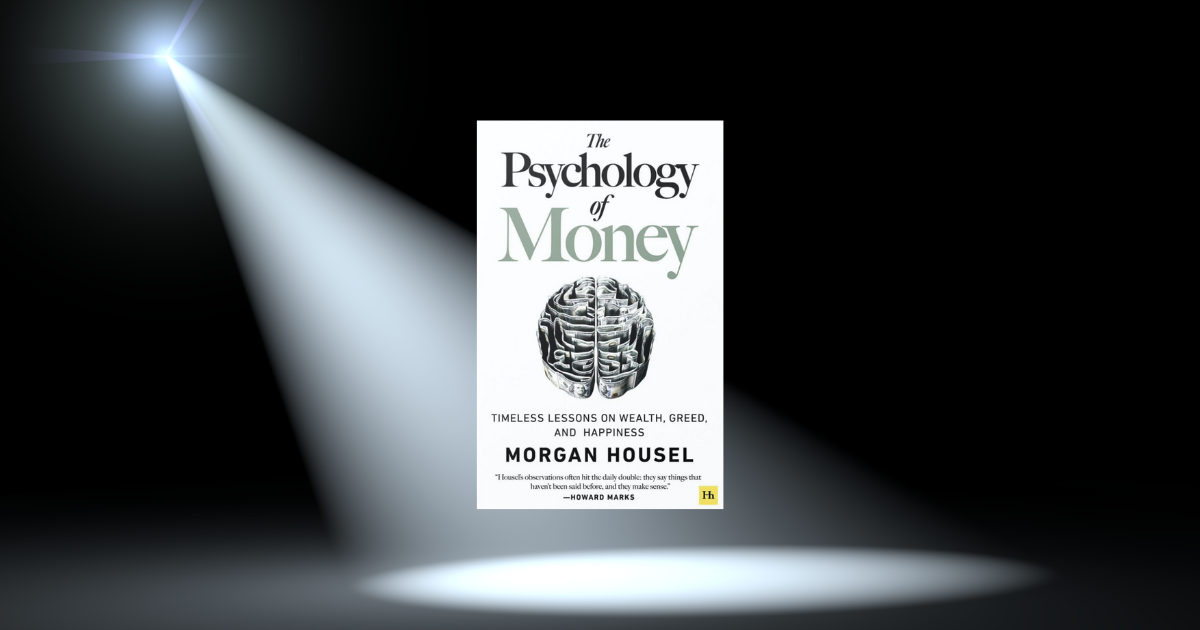Book Review: “The Psychology of Money” by Morgan Housel
Morgan Housel’s The Psychology of Money provides a fresh perspective on how we think about money, offering timeless lessons on wealth, greed, and happiness. Rather than focusing on complex financial strategies, Housel dives into the psychology behind our relationship with money, helping readers shift their mindset and approach investing in a more thoughtful way.
One of the core themes in The Psychology of Money is the idea that how we think about money is often more important than how much we know about it. Housel emphasizes that success with money isn’t necessarily about intelligence or mastering the stock market—it’s about behavior. He argues that understanding your own emotions, biases, and long-term goals plays a much bigger role in financial success than trying to predict market movements.
Key Insights for New Investors
For those new to investing, one of Housel’s most powerful insights is that time is more valuable than timing. Many novice investors spend too much energy trying to predict market highs and lows, thinking they can “time” their investments to maximize profits. Housel flips this thinking by encouraging investors to focus on long-term consistency and the power of compound interest. He reminds readers that wealth building is often a slow, steady process rather than a quick sprint.
Housel also encourages readers to rethink their definitions of wealth and success. Many people equate wealth with lavish spending, but in reality, true financial freedom comes from living below your means and having the flexibility to make choices that align with your values. This shift in thinking is crucial for new investors, who often feel pressure to live up to certain financial or lifestyle standards.
Behavior Over Strategy
Another major takeaway is the idea that behavioral discipline is more important than detailed financial strategies. The ability to control your impulses, avoid panic selling, and stick with your investment plan through market volatility is often what separates successful investors from the rest. Housel argues that most financial mistakes come from emotional decisions, such as fear or greed, rather than from a lack of knowledge.
Final Thoughts
The Psychology of Money provides a refreshing take on personal finance that resonates with both new and seasoned investors. By focusing on how you think about and behave with money, Housel shows that financial success is less about intelligence and more about mindset. For anyone just starting out on their investing journey, this book offers practical wisdom that can help reshape how you approach building wealth and achieving long-term financial goals.
Investing isn’t just about numbers—it’s about understanding yourself and your relationship with money.
Check out my other book reviews here:






